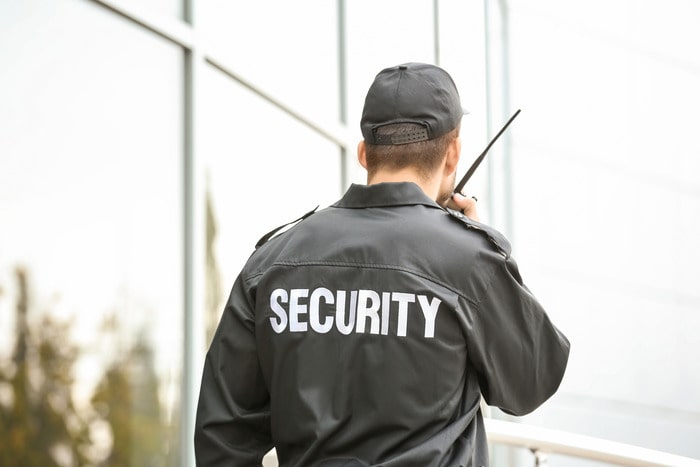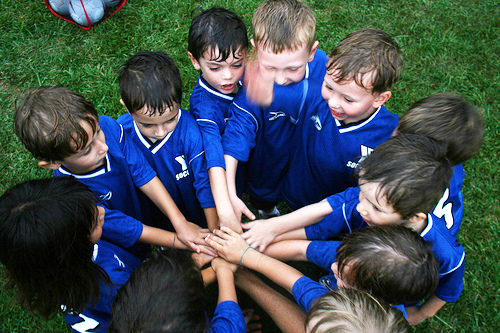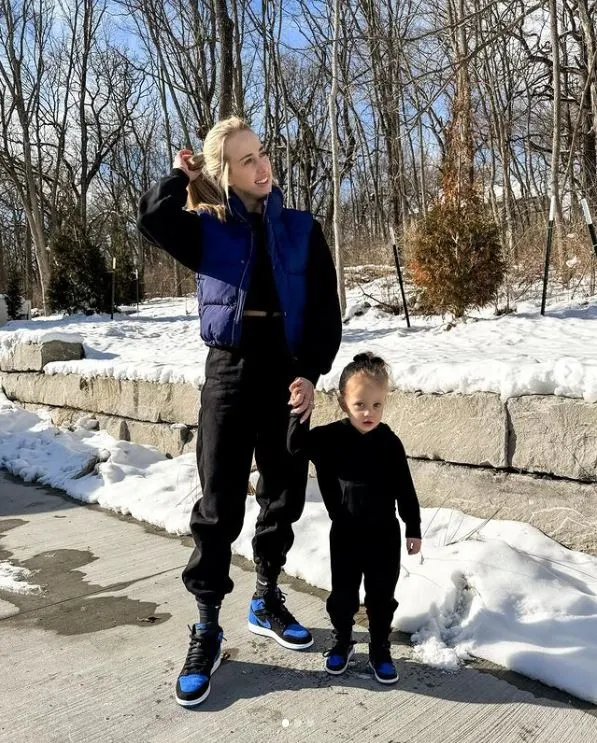Understanding the Legal Boundaries for Private Security Guards

Private safety guards are a ubiquitous presence in many parts of our lives, from patrolling malls and company homes to safeguarding public activities and personal parties.
Misunderstandings approximately those barriers can lead to considerable legal effects, including court cases and criminal costs. This article targets to make clear the legal framework governing the moves and authority of personal security guards.
Contents
Scope of Authority
Private security guards do not now own the identical powers as public law enforcement officials. Their primary function is to guard non-public assets and the human beings on it, which inherently limits their authority to the homes they may be employed to shield.
Unlike police officers, safety guards can’t execute warrants, make arrests in the equal manner, or enforce public legal guidelines.
However, in lots of jurisdictions, they do have the power to detain people they suspect of committing crimes on their assets till law enforcement arrives. This energy to detain, frequently called a “merchant’s privilege,” is generally difficult to meet stringent conditions that adjust by way of nation or country.
Use of Force
The use of pressure is a quite sensitive area for protection guards, with legal barriers tightly regulated. Generally, guards are allowed to use pressure best to the extent necessary to shield themselves or others from immediate harm or to detain a suspect.
The key criteria are reasonableness and necessity, which are additionally based on interpretation based on the situation. Excessive use of force can lead to each criminal expenses towards the shield and civil legal responsibility for the security organization.
Compliance with Regulations
Private protection guards are frequently required to be certified and to observe precise policies set by neighborhood or country wide governments. These regulations might also consist of history assessments, schooling necessities, and different qualifications.
For instance, in a few locations, guards need whole guides on the felony use of pressure, first aid, crisis de-escalation, and the felony implications of their work. Failure to comply with these necessities can bring about fines, revocation of license, or even crook legal responsibility.
Right to Privacy
Security guards should recognize the privateness rights of the individuals they have interaction with, which incorporates compliance with legal guidelines related to surveillance.
Use of video cameras and different surveillance equipment are frequently difficult to each region and manner restrictions, mainly in locations in which there may be an expectation of privacy, which includes restrooms or personal workplaces. Violations of privacy can lead to civil and criminal consequences.
Accountability
The actions of personal protection guards are a situation to scrutiny both from the legal gadget and the overall public.
Reports of misconduct or abuse can lead to investigations and sanctions. It is essential for safety agencies to put into effect strict oversight and regular training to make sure their employees are performing in the legal barriers.
Establishing clear protocols and a sturdy moral code is crucial in retaining public agreement and criminal compliance.
Documentation and Reporting
One of the maximum critical practices for protection guards is meticulous documentation and reporting. Every incident, regardless of how minor it can appear, ought to be documented in element.
This consists of the time, date, location, movements taken, and any communications with regulation enforcement.
Good documentation can prove helpful if a security guard’s movements are later questioned in a criminal setting. It offers a clean, actual basis for the selections made at some point of an incident and can be crucial in protecting against claims of misconduct or immoderate use of pressure.
Regular Training and Certification
Continuous schooling and training are critical in preserving personal safety guards privy to their felony obstacles and responsibilities. Regular education periods ought to cover modern-day laws and guidelines, which includes changes to the criminal panorama affecting protection work.
Understanding Detainment and Arrest
The difference between detainment and arrest is a crucial felony difference for personal protection guards. As previously stated, at the same time as guards may have the authority to detain suspects at the belongings they may be shielding, performing an arrest is normally reserved for law enforcement.
Collaborating with Law Enforcement
Effective collaboration with neighborhood law enforcement is another important factor of navigating prison boundaries.
Establishing a very good running courting with neighborhood police can beautify the effectiveness of security operations and ensure that transitions from a safety-protect-treated state of affairs to a police-handled state of affairs are smooth and legally compliant.
Conclusion
The role of personal protection guards is critical in modern-day society, but it is bounded by means of strict prison frameworks designed to defend both the guards and the public. Understanding those criminal barriers is critical for the effective and ethical functioning of protection offerings.
It ensures that guards perform not simply with performance but also with integrity, adhering to the legal guidelines and regulations that govern their movements.



